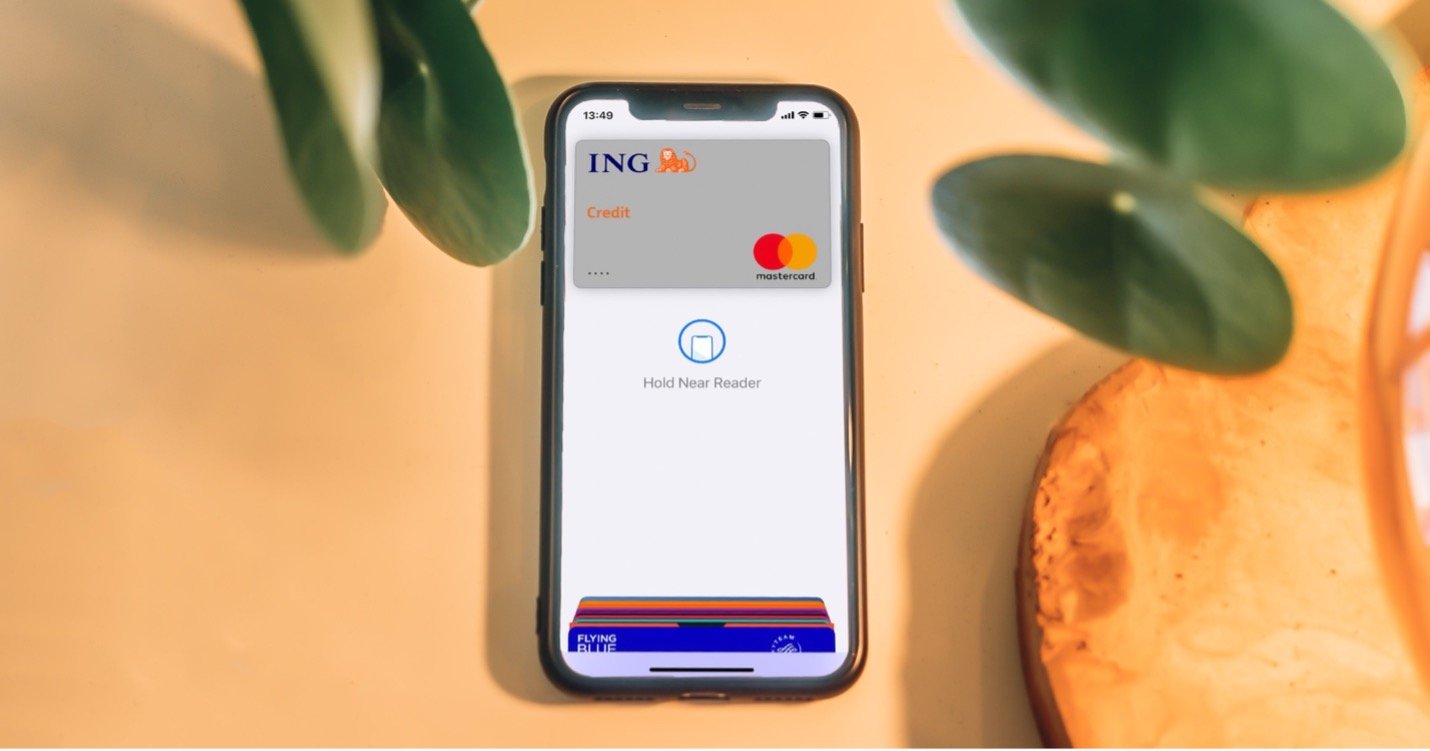 Photo by CardMapr.nl on Unsplash
Photo by CardMapr.nl on Unsplash
Mastercard has entered into a consent order with the Federal Trade Commission following the Commission’s investigation into the payment network’s refusal to provide token conversion services to competing debit networks for online and in-app eWallet transactions. The Durbin Amendment to the 2010 Dodd-Frank Act sought to inject competition into the debit network market by requiring issuers to enable debit cards for at least two unaffiliated debit networks. Numerous “regional” debit networks compete with Mastercard and Visa for transactions with card-issuing banks, often at a lower cost to the merchant. The quantum of commerce involved is substantial. Debit transactions account for some $4 trillion annually and 80% of Americans carry a debit card.
The Durbin Amendment was intended to give acquirers (parties that accept debit cards) the chance to route transactions over an alternative network that may charge a lower transaction fee than Mastercard or Visa. However, the goals of the law, and the Federal Reserve’s Regulation II implementing it, can be frustrated by the complexity of payment networks. For example, the law requires cards to be enabled for two unaffiliated debit networks, but it does not require both networks to transact PIN-debit transactions (as opposed to signature debit or other PIN-less transactions). Thus, a debit card presented at an ATM—which can only originate PIN-debit transactions—may be enabled for two unaffiliated debit networks, but if only one of them can process PIN-debit transactions, the ATM operator has no choice but to use that network. By issuing debit cards with only one network enabled for PIN-debit transactions, issuing banks sidestep the requirements of Durbin and stymie network competition for a large subset of ATM and other PIN-only transactions.
A similar loophole opened for the national networks with the advent of eWallets, such as Apple Pay, Google Pay, and Samsung Wallet. To enhance security, these applications do not store or transmit debit card account numbers for online and in-app transactions. Instead, debit card accounts added to eWallets are assigned a token in place of the card number. A look-up table is maintained by the networks in a “token vault.” The network completing the payment must know the token to transact with the issuing bank. Network exclusivity can be maintained even for cards enabled for two competing debit networks simply by refusing access to the token vault to the competing networks.
The Federal Reserve regulation allowing for the practice of issuing debit cards with only one PIN-debit network was challenged in the courts by the National Association of Convenience Stores, but the regulation was upheld by the D.C. Circuit as a reasonable interpretation of the Durbin Amendment because it nonetheless succeeded in injecting some additional competition into the debit network market.[1] In this case, the FTC is taking a strong stand against Mastercard’s refusal to provide conversion services to competing networks for remote transactions both as a violation of Regulation II and anticompetitive conduct in itself. The order requires Mastercard to provide competing networks with the card account number when presented with a token and prohibits the network from preventing competitive tokenization arrangements for Mastercard-branded debit cards. The commission passed the order 4-0, and the Federal Register will publish the complete order for public comment. Appropriately, Holly Vedova, Director of the FTC’s Bureau of Competition, called the consent decree a victory for consumers and merchants throughout the country.
Visa avoided a comparable FTC enforcement effort because it implemented a “callout service” in 2018, which detokenizes transactions to allow other networks to complete the transaction if they are designated by the online merchant.
Both Mastercard and Visa have been embroiled in litigation and investigations for years over their anticompetitive conduct:
- Visa and Mastercard and a group of banks – and the merchants who sued them – await a decision from the Second Circuit Court of Appeals regarding a $5.54 billion settlement approved by a district judge in multi-district litigation over supra-competitive merchant discount fees and restrictive network rules. Certain merchants appealed the district court’s decision. The Second Circuit heard arguments in March 2022 (In re Payment Card Interchange Fee and Merchant Discount Antitrust Litigation, MDL No. 1720 [MKB] [JO]).
- Independent ATM operators continue litigating their case against the card networks in federal court in Washington, D.C., which alleges price-fixing that restrains how ATM operators charge customers for cash withdrawals and inflate the network fees for ATM transactions. Such conduct is a restraint of trade prohibited by Section 1 of the Sherman Act, plaintiffs maintain in the certified class action (National ATM Council, Inc. et al., v. Visa Inc., et al., No. 1:11-cv-01803-RJL, D. DC). [Note: MoginRubin LLP represent the independent ATM operators, non-bank affiliated ATM operators, and the National ATM Council, plaintiffs in that case.]
- In 2019 the European Commission fined Mastercard more than $600 million for requiring banks to apply the interchange fees of the country where the retailer was located. As a result, retailers in high-interchange fee countries could not benefit from lower interchange fees offered by an acquiring bank located in another European Union member state. The Commission concluded that Mastercard's rules prevented retailers from benefitting from lower fees and restricted competition between banks cross border, creating an artificial segmentation of the “Single Market,” in breach of EU antitrust rules.
[1] NACS v. Bd. of Governors of the Fed. Reserve Sys., 746 F.3d 474 (D.C. Cir., 2014).
![]()







